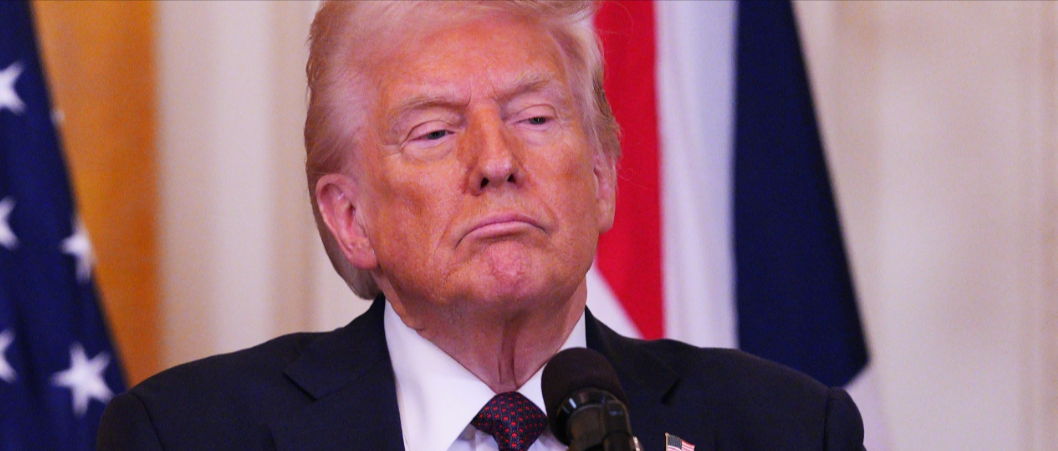Judge Rules In Case Involving Key White House Official Fired By Trump

A federal district judge in Washington, D.C., issued a ruling late Saturday, determining that President Donald Trump’s decision to remove the head of the Office of Special Counsel was illegal, effectively allowing the official to stay in office.
According to Fox News, the Trump administration swiftly submitted a notice of appeal, seemingly expecting that the Obama-appointed judge would side against them.
Hampton Dellinger, who was appointed to lead the Office of Special Counsel by former President Joe Biden, took legal action against the Trump administration after being ousted on February 7. In her opinion, D.C. District Judge Amy Berman Jackson ruled that declaring Dellinger’s firing “unlawful” was consistent with precedent set by the Supreme Court.
Jackson explained in her opinion that the court “finds that the elimination of the restrictions on plaintiff’s removal would be fatal to the defining and essential feature of the Office of Special Counsel as it was conceived by Congress and signed into law by the President: its independence. The Court concludes that they must stand.”
The judge also imposed an injunction against defendants named in the case, including Russ Vought, Director of the Office of Management and Budget, and Treasury Secretary Scott Bessent, requiring them to recognize Dellinger’s authority as the head of the Office of Special Counsel.
However, as Fox News noted, Jackson did not include a direct injunction against Trump himself.
“It would be ironic, to say the least, and inimical to the ends furthered by the statute if the Special Counsel himself could be chilled in his work by fear of arbitrary or partisan removal,” Jackson wrote in her decision.
In the order, Jackson further clarified that the defendants under the injunction “must not obstruct or interfere with his performance of his duties; they must not deny him the authority, benefits, or resources of his office; they must not recognize any Acting Special Counsel in his place; and they must not treat him in any way as if he has been removed, or recognize any other person as Special Counsel or as the head of the Office of Special Counsel, unless and until he is removed from office” through the proper legal process outlined in the statute governing Dellinger’s role.
This ruling came on the heels of a Supreme Court decision blocking the Trump administration’s earlier attempt to terminate Dellinger. The administration had appealed to the Supreme Court after a lower court issued a temporary order reinstating him.
The case became the first legal battle of Trump’s second term to reach the Supreme Court. Justices Neil Gorsuch and Samuel Alito dissented from the decision, asserting that the lower court had overstepped its boundaries and raising questions about whether courts even have the authority to reinstate an official the president has removed.
Gorsuch also pointed out that while some presidential appointees have challenged their removals in the past, “those officials have generally sought remedies like backpay, not injunctive relief like reinstatement.”
Justices Sonia Sotomayor and Ketanji Brown Jackson voted to deny the Trump administration’s request to allow Dellinger’s immediate removal.
After the Supreme Court temporarily blocked Trump’s actions, Jackson hinted she might extend the existing restraining order keeping Dellinger in place. During a court hearing, she acknowledged the matter raised “an extraordinarily difficult constitutional issue.”
Following the high court’s decision, Dellinger released a statement saying, “I am glad to be able to continue my work as an independent government watchdog and whistleblower advocate. I am grateful to the judges and justices who have concluded that I should be allowed to remain on the job while the courts decide whether my office can retain a measure of independence from direct partisan and political control.”
Dellinger has maintained that, under the governing law, his removal can only be based on performance-related grounds — an issue that was never cited in the email informing him of his termination, according to Fox News.